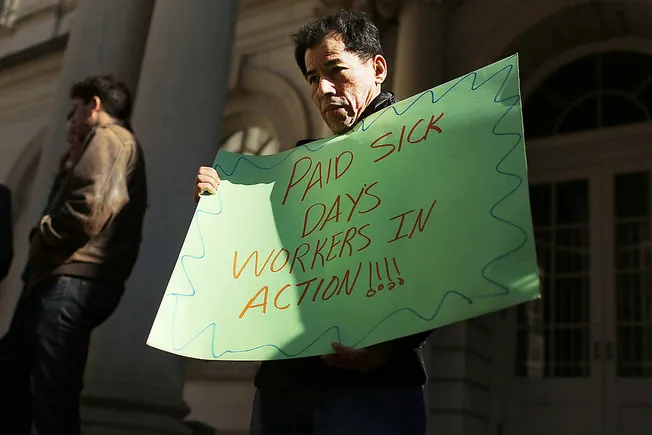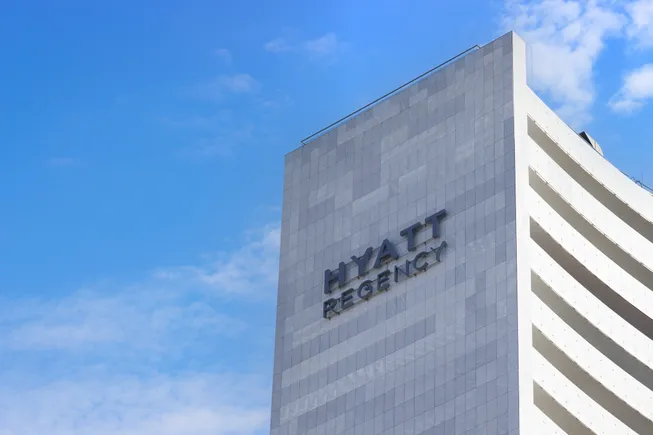Dive Brief:
- A Waste Pro facility in Florida and multiple GFL Environmental subsidiaries in Georgia have settled two separate workplace discrimination lawsuits from the U.S. Equal Employment Opportunity Commission.
- Waste Pro agreed to pay $1.4 million to settle an EEOC suit that alleged the company did not intervene when a Black employee was subjected to repeated racist behavior. The money will go to the main targeted employee as well as others who EEOC determines eligible for damages due to being subject to a hostile work environment.
- Separately, GFL and subsidiaries Waste Industries U.S.A, Waste Industries Atlanta and TransWaste Services will pay $3.1 million to settle a suit alleging the businesses refused to hire qualified women drivers instead of less qualified men. The money will go to the main job applicant named in the lawsuit as well as other claimants EEOC determines are eligible for payments.
Dive Insight:
The proposed consent decrees end a yearlong legal process examining the two cases, which are meant to prevent future discrimination against employees or job applicants. The EEOC brought the cases around the same time last year.
As part of the settlements, Waste Pro must revise its equal employment opportunity policies, hire a compliance officer to investigate complaints of racial discrimination, and require annual training for employees. GFL must develop a new hiring policy, recruitment plan and training policy in an effort to increase gender diversity at its Georgia locations.
A court filing in August noted that GFL Environmental subsidiaries in Georgia were in the process of finalizing a consent decree meant to end the September 2023 lawsuit. That suit alleged that GFL, along with the named subsidiaries, routinely refused to hire qualified women applicants for truck driver positions and subjected some of the applicants to sexist remarks.
The lawsuit centers mainly on one job applicant, who said she experienced numerous roadblocks to getting hired in 2018 and was told that hiring her would be “taking the job away from a man.” GFL acquired Waste Industries in November 2018.
Multiple other women described similar issues when applying at the named Georgia locations, the EEOC said in the lawsuit. These applicants “were subjected to derogatory comments about their feminine appearance” and other sexist remarks, the lawsuit said.
GFL did not respond to a request for comment.
According to the consent decree filed October 11, the businesses must develop and implement a new hiring policy that explicitly states it does not condone sex discrimination in hiring or employment and will take “immediate and appropriate corrective action” if the company learns applicants or employees are being treated unfairly, according to the consent decree.
GFL and its subsidiaries must also “review and revise” their recruitment and outreach efforts and provide a copy of the new plan to the EEOC. The updated outreach efforts must ask applicants to voluntarily provide data such as their gender when applying for truck driver positions. Job postings for truck driver positions must be posted with women’s professional associations and other organizations that promote women’s employment in the trucking industry, and supply recruitment material that features “photographs of and testimonials from employees, including women truck drivers,” among other requirements.
The companies must also provide an annual mandatory training for management, supervisors and HR personnel.
The EEOC also sued Waste Pro in September 2023 for racial harassment and retaliation at its Jacksonville, Florida location. The lawsuit said the company “subjected Black employees to racist slurs and then retaliated against them for complaining about the behavior.”
According to the EEOC complaint, two Waste Pro employees at its Jacksonville location regularly used racial slurs in front of Black employees. In some instances, the workers told a Black Haitian American to “go back to Haiti” and made other discriminatory remarks. The EEOC alleges the slurs and harassment happened on a “nearly daily basis.”
The targeted employee reported the harassment several times to supervisors but no corrective action was taken for several months, according to the complaint. HR called a meeting with the maintenance staff to discuss the issues, but the targeted employee said other workers retaliated after that meeting by hiding or locking away his equipment, refusing to communicate with him about scheduling or leaving him the most difficult assignments. According to the lawsuit, EEOC alleged Waste Pro did not take corrective action when the worker notified supervisors about these issues.
In the consent decree filed Oct. 15, Waste Pro denies it violated Title VII, the federal law that prohibits discrimination and protects employees and job applicants from such discrimination.
Amy Shay, a lawyer with Stovash, Case, Shay & Pearce, the firm representing Waste Pro, said the company has a diverse workforce, including those who are formerly incarcerated or “face other job impacting obstacles.” Waste Pro “will continue to coach, train and enforce its policies to ensure all of its employees have a professional environment in which to excel and be proud.”
According to the terms of the consent decree, the company and its workers shall not subject Black or Haitian-American employees to racial slurs or intimidating behavior or deny them access to needed tools and equipment on the job. Waste Pro must “promptly investigate” if such behavior is reported.
Waste Pro must hire a compliance officer to investigate complaints of race discrimination or retaliation in the company’s Northeast region for 18 months. The company must also “review and revise” its equal employment opportunity policies and procedures in order to “clearly define prohibited conduct and specifically prohibit race-based, color-based, and national origin-based harassment,” among other detailed requirements, according to the consent decree. The policy must also detail the process for reporting such discrimination.
All employees will need to also complete annual discrimination training.
Both consent decrees are pending final approval by their respective judges.






Leave a Reply